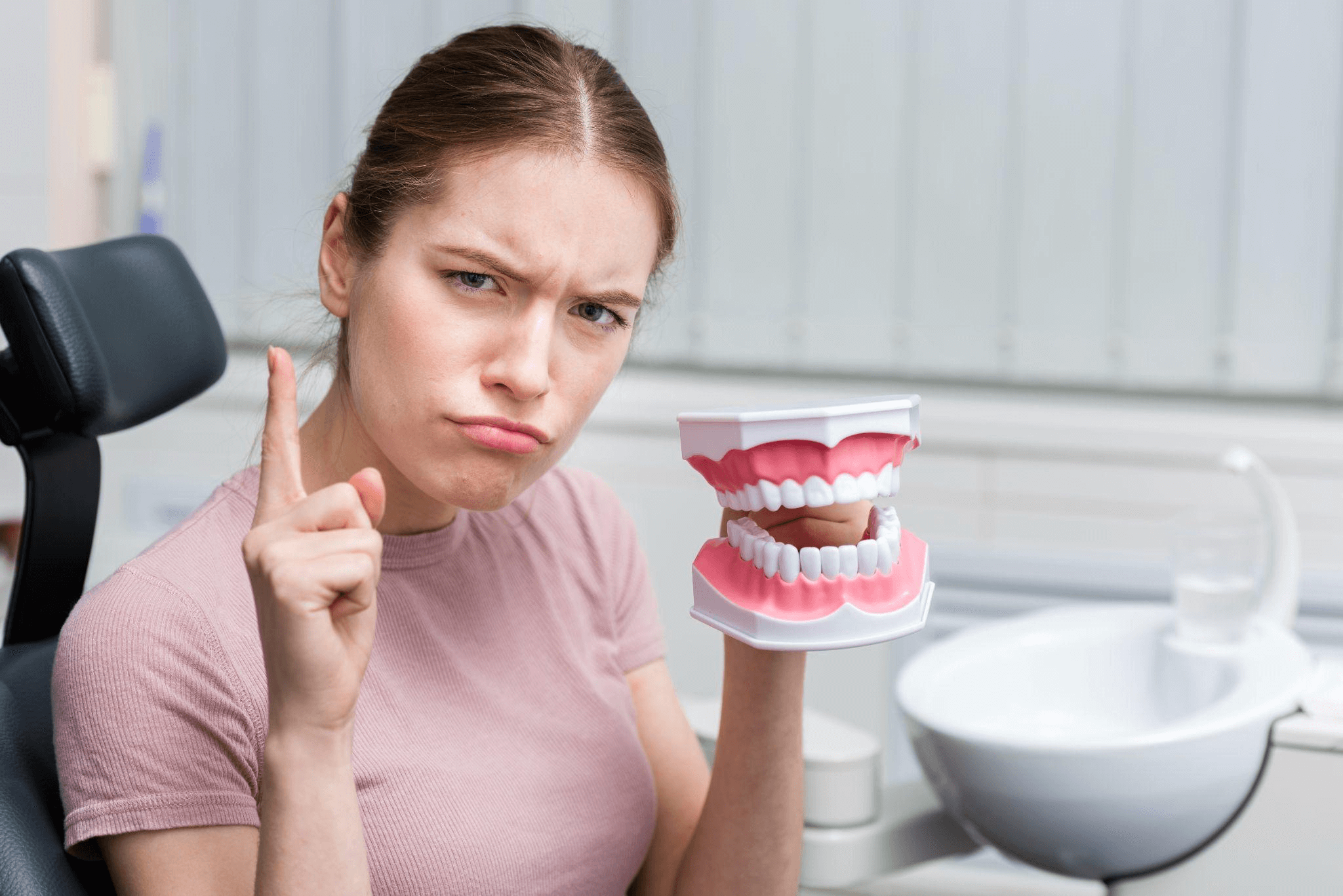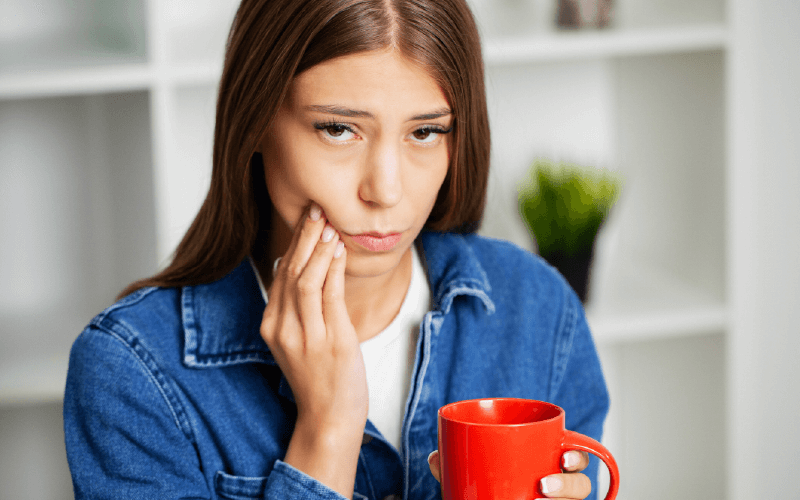Many people unknowingly grind their teeth, a condition known as bruxism. Teeth grinding often occurs during sleep or due to stress and anxiety. While it may seem harmless, prolonged teeth grinding can have serious consequences for your dental health.
In this article, we will explore why teeth grinding is detrimental to your overall oral health and discuss preventive measures to protect your precious pearly whites.
1. Dental Damage
One of the primary concerns associated with teeth grinding is dental damage. The constant grinding and clenching exert excessive force on your teeth, leading to wear and tear. Over time, this can result in chipped, cracked, or fractured teeth.
Additionally, grinding can wear down the enamel, the protective outer layer of your teeth, making them more susceptible to decay and sensitivity.
2. Temporomandibular Joint (TMJ) Disorders
The temporomandibular joint (TMJ) acts as a hinge connecting your jaw to your skull. Excessive teeth grinding puts immense strain on the TMJ, leading to a range of disorders collectively known as temporomandibular joint disorders (TMD).
Common symptoms include jaw pain, headaches, earaches, and difficulty in opening or closing the mouth. TMD not only affects your oral health but can also impact your overall well-being.
3. Gum Recession
Teeth grinding can also contribute to gum recession. The constant pressure on the gums can cause them to recede, exposing the sensitive roots of your teeth.
Gum recession can lead to tooth sensitivity, an increased risk of tooth decay, and even tooth loss if left untreated.
It is important to address the underlying cause of teeth grinding to prevent further damage to your gums.
4. Sleep Disruptions
Teeth grinding is often associated with sleep disorders such as sleep apnea and snoring. The grinding sound can disturb your sleep and the sleep of your partner, resulting in fatigue, daytime sleepiness, and impaired concentration.
Sleep disruptions can have a cascading effect on your overall health and well-being, affecting your immune system, mood, and cognitive function.
Preventive Measures
Fortunately, there are steps you can take to protect your dental health and minimize the harmful effects of teeth grinding:
1. Use a Mouthguard
A custom-made mouthguard, fitted by a dental professional, can help cushion your teeth and protect them from the forces of grinding. This is particularly beneficial for those who grind their teeth during sleep.
2. Stress Management
Since stress and anxiety are often triggers for teeth grinding, finding effective ways to manage stress can be helpful. Engage in relaxation techniques such as deep breathing exercises, yoga, or meditation to alleviate stress and promote overall well-being.
3. Avoid Stimulants
Reduce or eliminate the consumption of stimulants like caffeine and nicotine, as they can intensify teeth grinding. Opt for healthier alternatives like herbal teas or decaffeinated beverages.
4. Oral Hygiene and Regular Check-ups
Maintain a thorough oral hygiene routine, including brushing twice a day, flossing, and using mouthwash. Regular dental check-ups will enable your dentist to monitor the condition of your teeth and gums and provide timely intervention if necessary.
Conclusion
Teeth grinding may seem like a harmless habit, but its consequences can be severe for your dental health. From dental damage and TMJ disorders to gum recession and sleep disruptions, the effects of bruxism can be far-reaching.
By taking preventive measures and seeking professional guidance, you can protect your precious smile and maintain optimal dental health. Remember, your dentist is your ally in combating teeth grinding and preserving your beautiful smile for years to come.



